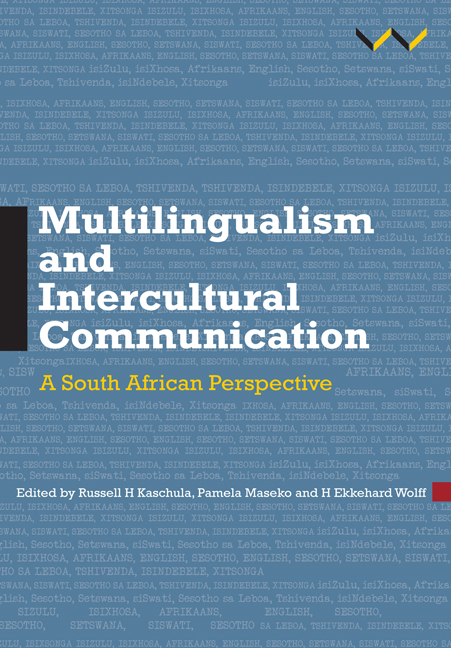Book contents
- Frontmatter
- Contents
- Tables and figures
- Preface
- Abbreviations and acronyms
- Central terms and concepts
- Introduction
- Prologue: The essentialist paradox in intellectual discourse on African languages
- Part One African language empowerment: concept formation and intellectualisation
- Part Two Language planning, terminology development and dictionaries
- 3 Language planning in South Africa: a history
- 4 Language and terminology development in isiXhosa: a history
- 5 Multilingual terminology and cognition in assessment
- 6 IsiXhosa dictionaries, language learning and intercultural communication
- Part Three Language in education
- Part Four Language in the professions: law, media, science and language technology
- Part Five Language, culture and intercultural communication
- Acknowledgements
- Contributors
- Index
5 - Multilingual terminology and cognition in assessment
from Part Two - Language planning, terminology development and dictionaries
Published online by Cambridge University Press: 23 March 2018
- Frontmatter
- Contents
- Tables and figures
- Preface
- Abbreviations and acronyms
- Central terms and concepts
- Introduction
- Prologue: The essentialist paradox in intellectual discourse on African languages
- Part One African language empowerment: concept formation and intellectualisation
- Part Two Language planning, terminology development and dictionaries
- 3 Language planning in South Africa: a history
- 4 Language and terminology development in isiXhosa: a history
- 5 Multilingual terminology and cognition in assessment
- 6 IsiXhosa dictionaries, language learning and intercultural communication
- Part Three Language in education
- Part Four Language in the professions: law, media, science and language technology
- Part Five Language, culture and intercultural communication
- Acknowledgements
- Contributors
- Index
Summary
Background
In assessment contexts, the relationship between language and performance has been studied from a range of perspectives. For instance, work linking the performance of students to the language of testing has questioned whether it is subject knowledge or language proficiency that is assessed when increasingly challenging forms of English are used in subject-content tests that are administered to non-home users of English (Menken 2008, 2010). Research has also analysed whether or not the wording of test questions is appropriate, given benchmarked cognitive competences (Ayvaci and Türkdoğan 2010; Garekwe 2010; Hoadley, Mather and Wood 2012). Work in test accommodation has outlined a range of language-based strategies (such as reading out/explaining questions, permitting the use of glossaries, simplifying language and translating) for ensuring that language is not a barrier to learners’ ability to demonstrate their knowledge (Thompson, Blount and Thurlow 2002; Abedi, Hofstetter and Lord 2004; Salend 2008). There has also been work examining the impact of a range of syntactic and rhetorical features of multiple-choice questions on first- and second-language users of English (Sanderson 2010). Quality assurance agencies have also been keen to evaluate examination papers for overall readability (Umalusi 2009).
South Africa's matriculation, or end-of-high-school, examination has for decades been administered in two languages (English and Afrikaans). In some provinces, because of the language profile of their learners and schools, the examination is administered bilingually: items in both Afrikaans and English are in the same question booklet. In such cases, the layout of the examination is such that one language section is followed by another language section.
Matric, as the examination is popularly called, is therefore an interesting site for investigating a relatively neglected topic: the cognitive affordances of bi- or multilingual terminology in assessment contexts. In the research on test accommodation, although glossaries are usually considered (Abedi, Hofstetter and Lord 2001; Salend 2008), in-depth analyses of the cognitive affordances of terminology (mono-, bi- or multilingual) are seldom offered and the contents of glossaries are frequently not terms but difficult general language words, presumably because terms are often critical to items being tested. In addition, while much of the research views test accommodation in multilingual contexts in terms of plural monolingualisms, the matric exam invites a unique co-languaging research lens as it is one of the few known national public examinations in bilingual format.
- Type
- Chapter
- Information
- Multilingualism and Intercultural CommunicationA South African perspective, pp. 92 - 111Publisher: Wits University PressPrint publication year: 2017



